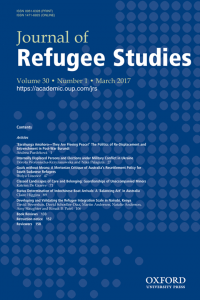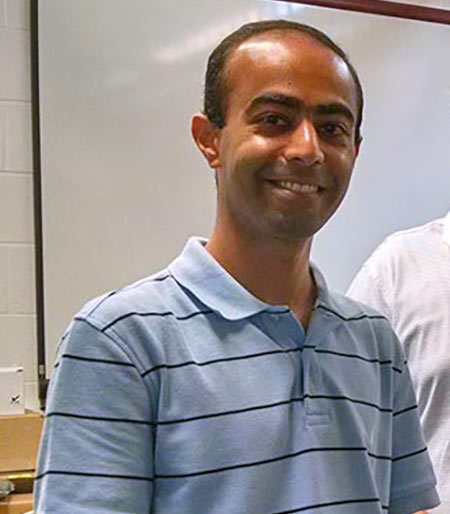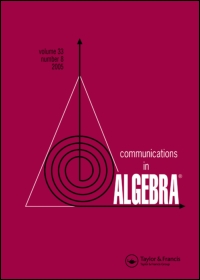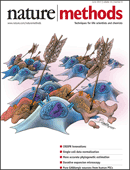 An engineering researcher has written about models tackling a range of complex issues — security problems in Iraq, poverty in Europe, and emergency responses to humanitarian crises. But there may be some limits to his expertise: Between 2016 and 2017, five journals have retracted five of his papers, citing plagiarism.
An engineering researcher has written about models tackling a range of complex issues — security problems in Iraq, poverty in Europe, and emergency responses to humanitarian crises. But there may be some limits to his expertise: Between 2016 and 2017, five journals have retracted five of his papers, citing plagiarism.
Some of the notices describe the plagiarism as “extensive,” “significant,” and “substantial.” One journal editor, who retracted one of Kubilay Kaptan’s papers last year, told us the paper “was simply a direct copy from an existing one.”
The editor noted that Kaptan — who lists his affiliation as the Civil Engineering Department at Beykent University in Istanbul — claimed to be “the victim of a personal smear campaign, which involved submitting plagiarised manuscripts in his name.” We reached out to Kaptan several times by phone and email to verify this claim, but did not hear back.
Here’s the most recent retraction, for a 2016 paper published in Journal of Refugee Studies: Continue reading Plagiarism costs author five papers in five different journals



 When a journal discovers elementary design flaws in a paper, what should it do? Should it retract immediately, or are there times when it makes sense to give the researchers time to perform a “do-over?”
When a journal discovers elementary design flaws in a paper, what should it do? Should it retract immediately, or are there times when it makes sense to give the researchers time to perform a “do-over?”


 A
A